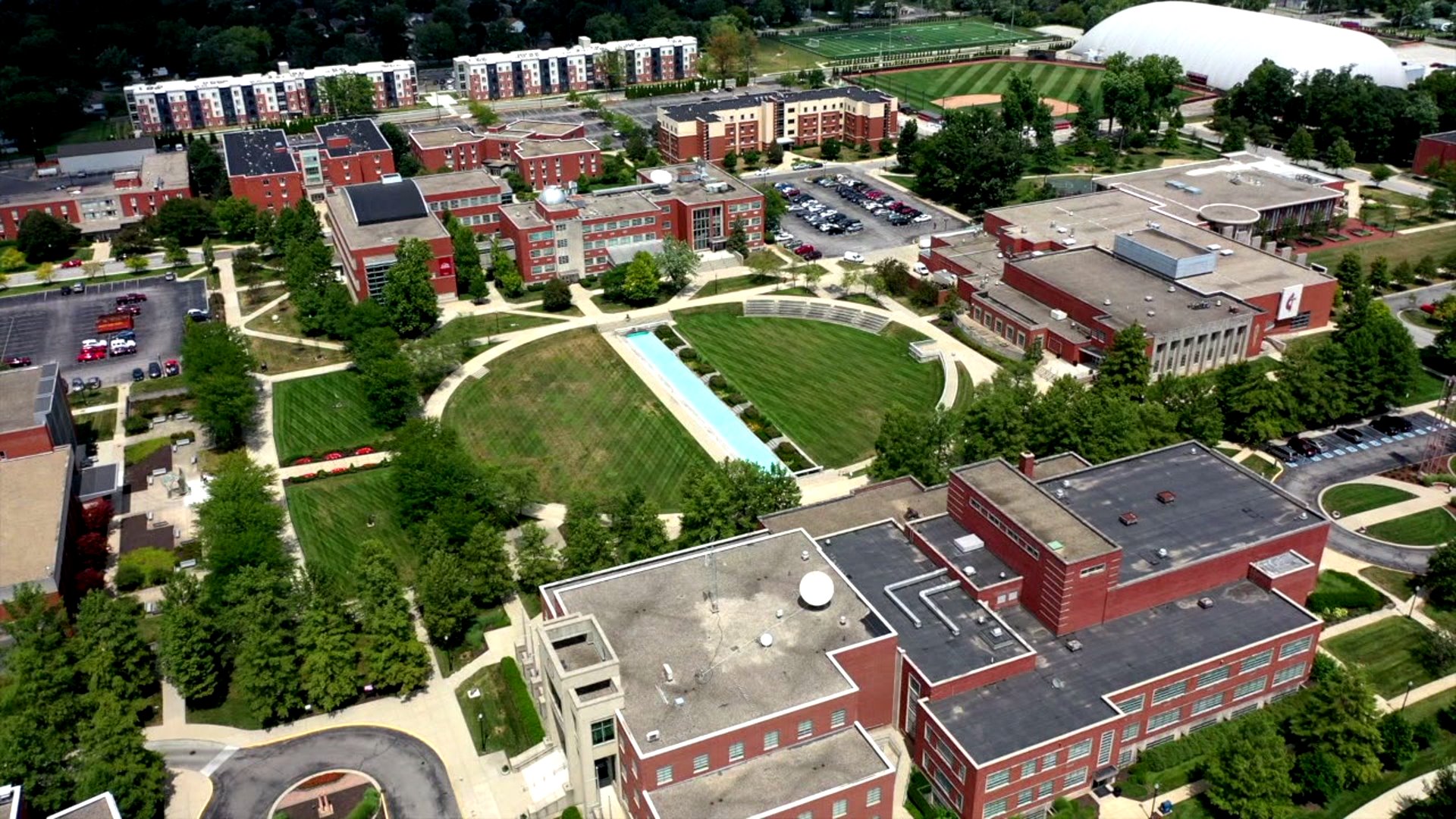University Indianapolis To Admit Any IPS Student With 3.0 GPA
University Indianapolis To Admit Any IPS Student With 3.0 GPA - By accepting students with a 3.0 GPA or better, Indiana University Indianapolis has started a new effort that will make it simpler for Indianapolis Public School students to enroll.
Oct 01, 2023141.2K Shares1.8M Views

By accepting students with a 3.0 GPA or better, Indiana University Indianapolis has started a new effort that will make it simpler for Indianapolis Public School students to enroll.
In order to activate their acceptance, students will now simply need to complete a brief online form, according to a news release from Indiana University Indianapolis. Students would formally need to submit an application, their high school transcripts, and an application fee.
"Ninety percent of the graduates from our Indianapolis campus stay in Indiana after school and give back to the state. This is just one way IU is fueling the state’s talent pipeline and making a positive difference in the lives of our students, their families and the broader community,” according to interim IUPUI Chancellor Carol Anne Murdoch-Kinch.
Beginning this autumn, the seamless admissions effort will notify IPS students who satisfy the standards through email and postcards.
Aleesia Johnson, superintendent of IPS, remarked, “This is an important step to give more students the opportunity to pursue higher education,” “By eliminating deadlines, application fees or the need for a transcript, we hope this new initiative will give more students the chance to go to school right here in Indianapolis.”
The accepted students will start at IU Indianapolis in the 2024–25 fall semester.
The campus, located in the center of Indianapolis, is best known by its initials, IUPUI. However, after 53 years of collaboration, Indiana University and Purdue University will formally sever ties.
The Importance Of Equitable Access To Higher Education
Equitable access to higher education is a fundamental pillar of a just and progressive society. It is a principle that underscores the very essence of equality, social mobility, and the pursuit of knowledge. In a world where education is often considered the key to unlocking one's potential and achieving success, ensuring that access to higher education is equitable is not just a matter of fairness but a matter of societal progress and economic development.
Historically, access to higher education has been marred by inequalities, where economic status, race, gender, and social background have all too often determined who gets to pursue a college degree. This has perpetuated disparities in opportunities, income, and social mobility, creating a cycle where those born into privilege have a higher likelihood of success, while those from disadvantaged backgrounds face formidable obstacles.
Equitable access seeks to dismantle these barriers and create a level playing field where merit and potential are the primary factors determining admission to higher education institutions. It recognizes that talent and ambition are not confined to a particular demographic and that every individual, regardless of socioeconomic status, deserves the opportunity to pursue higher education.
One of the primary benefits of equitable access to higher education is that it addresses the opportunity gap that exists between different segments of the population. It acknowledges that students from underserved communities often face more significant challenges in accessing quality education.
These challenges can include inferior primary and secondary schooling, lack of resources, and limited exposure to academic opportunities. By removing traditional admission barriers, equitable access ensures that these students are not held back by circumstances beyond their control.
Moreover, equitable access to higher education empowers individuals to break free from the constraints of their circumstances. It opens doors to a world of possibilities and expands horizons that were once thought to be out of reach.
For many, the dream of attending a college or university becomes a reality, and the prospect of pursuing meaningful careers and contributing to society becomes attainable. This shift in perspective can be a powerful motivator, not just for individual students but for entire communities.
Latest Articles
Popular Articles